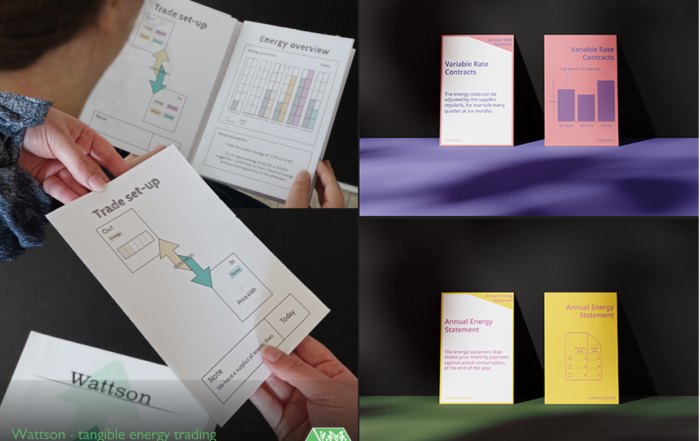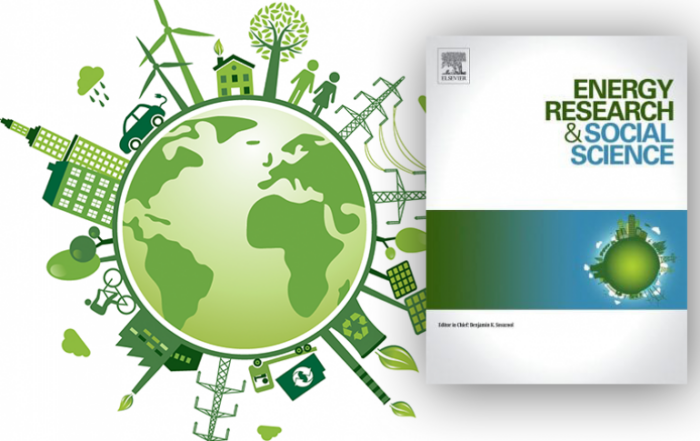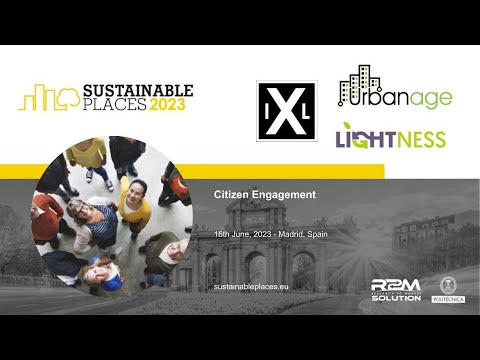Report of final meeting research energy and poverty project
Recently, the final meeting of the energy and poverty project that Climate Alliance Netherlands, LSA residents and Expertise Center Strong out of Poverty conducted on behalf of the Participation Table Energy of DuurzaamDoor took place. The final meeting consisted of two parts.
In the first part of the meeting, the findings of the research project were presented. One of those findings: there is a great need for better cooperation between municipalities, involved parties and the people who are really at stake: the people in (energy) poverty. A cooperation in which the latter has a strong, central and above all secured position.
TNO and Rijksdienst voor Ondernemend Nederland (RVO) then addressed the current state of affairs with regard to (energy) poverty and the national developments therein.
The second part consisted of a working session. During this session, municipal officials, social workers, experts by experience and other attendees engaged in a conversation about (energy) poverty in their own practice. With questions such as what do you see now, what would you like to see and what do you need to take this further, the conversation was initiated. This led to great discussions and new insights. One thing became clear once again: we are all moving in the same direction. The question now is how all those involved can come to a solution together.
Our 7 take-aways from the meeting on energy and poverty research:
1. To formulate sound policy, in addition to professional and scientific knowledge, experiential knowledge is needed – the voice of people who have actually experienced (energy poverty).
2. (Energy) poverty can be worse for people who are financially wealthy but have no social contacts in their neighborhood #socialisolation
3. So far it is mainly the sustainability departments within municipalities that are doing something about energy poverty, involvement from the Social Domain and housing associations are rather the exception. And this although intersectoral cooperation is badly needed!
4. Families with children are more vulnerable to energy poverty.
5. Why not let health insurance companies co-invest in energy efficiency measures? After all, they also reap the benefits of a better, healthier home.
6. Energy cooperatives such as theA Duurzame Energiecoöperatie Apeldoorn and LochemEnergie are key partners in tackling poverty in some municipalities, in part because of their intrinsic motivation.
7. Collaborations with a variety of perspectives such as the Utrecht Poverty Coalition can contribute structurally to alleviating poverty because many kinds of knowledge, experiences and mandants are needed to reach all households.
Many thanks to Lilith Smidts-Lefever for contributing her knowledge and experience!


